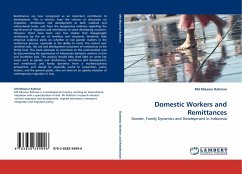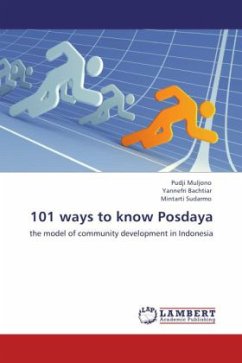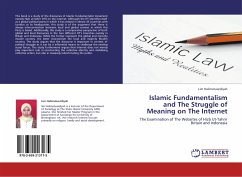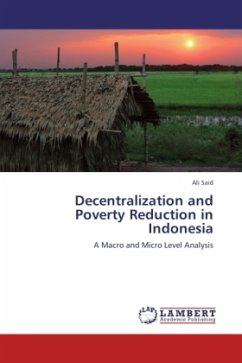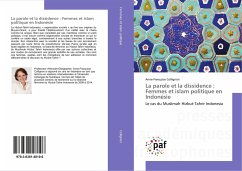The women's movement in Indonesia s pesantren (Islamic boarding school) provides a good example of how Muslim women can act as agents of change in facing patriarchal repression derived from cultural practices and gender-biased religious interpretation. Instead of being mute victims, these women seek a more active role in the interpretation of religious teachings on women s rights issues. Although the conservative groups in pesantren have tried to silence or dismiss their works by simply labeling them as followers of a secular western agenda, women activists in pesantren have argued that their framework was grounded in Islamic teaching. This book, therefore, explores the women s movement in Indonesia s pesantren and their contributions to develop gender equality in the traditionalist Muslim communities, particularly in Java, after the downfall of the Suharto regime in 1998. This book is an important study not only for readers interested in the rise of Islamic feminism in Indonesia, but also for all those interested in the development of global feminism in the world.
Bitte wählen Sie Ihr Anliegen aus.
Rechnungen
Retourenschein anfordern
Bestellstatus
Storno



